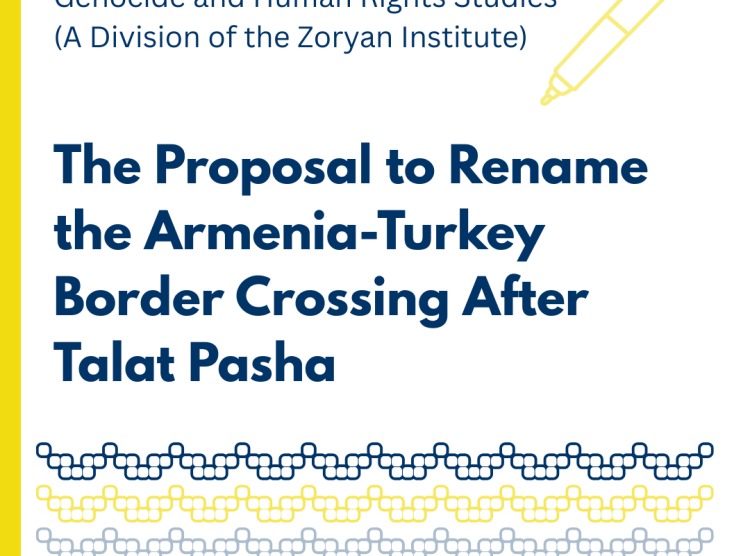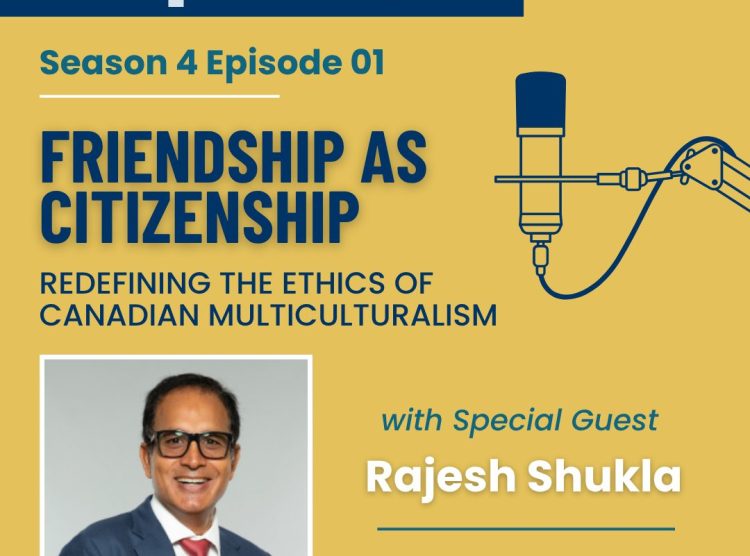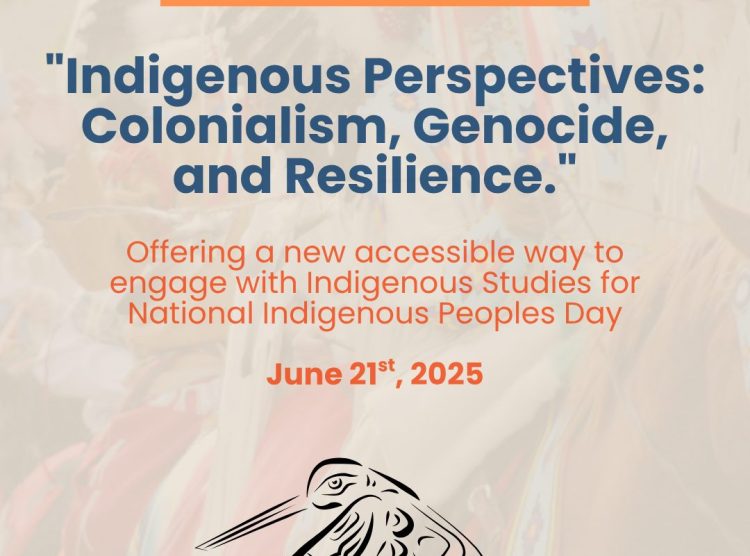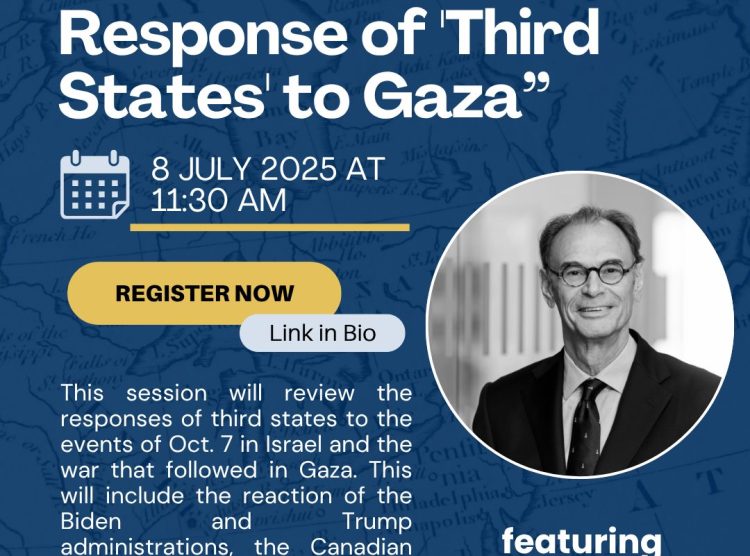This year, as the world pauses to commemorate Armenian Genocide Remembrance Day, marked on April 24 annually, it is essential to reflect not only on the horrors endured by the Armenian people but also on the profound lessons it holds for all humanity.
Raphael Lemkin, a Polish-Jewish lawyer, coined the term of “genocide” in 1944. He cited the Armenian Genocide as a prototype, recognizing it as the first modern genocide, characterized by the deliberate and systematic destruction of a specific ethnic, racial, or religious group. The orchestrated massacres, deportations, and forced marches of the 1915 Armenian Genocide set a horrifying precedent for a world that has witnessed many more instances of genocide globally since. The Zoryan Institute’s commissioned book Collective and State Violence in Turkey, provides a wide range of case studies and historiographical reflections on the alarming recurrence of such violence in Turkish history, as atrocities against ethnic-religious groups, including Alevis, Armenians, Assyrians, Jews, Greeks, Kurds, and Yazidis, from the nineteenth century to today.
From the Holocaust to the Rwandan Genocide, and the ongoing atrocities in places like Darfur and Myanmar, humanity continues to grapple with the recurring nightmare of mass extermination. While each case of genocide comes with its own unique context and circumstances, they share the common thread of unfathomable human suffering and loss.
In recognizing genocide as a universal human experience, we see the consequences of nations, governments, and society failing to address the evils of intolerance, prejudice, and hatred at its conception. It forces us to confront the darkest chapters of history – those where intolerance, prejudice, and hatred prevailed. However, in acknowledging this shared experience, we can find dignity and hope. Understanding the patterns and dynamics that lead to genocide, empowers us to prevent its recurrence.
Education, awareness, and advocacy are powerful tools for challenging the dehumanization and scapegoating that often precede genocide. By confronting these profound evils, we can fortify our resolve against denialism as we are reminded of the devastating consequences of ignoring historical truths. By amplifying the voices of survivors, bearing witness to their stories, and preserving the memory of those lost, we honour their resilience and fortify our collective resolve to build a more just and compassionate world.




